When you turned on your generator, did you find that it worked better as a mosquito fogger than it did as a source of usable power? When oil is added to a combustion chamber and ignites with the air and gas, the generator will emit smoke. We have extensively studied the subject to provide the data you require.
The most frequent source of your generator's cumulus cloud of white smoke is an excessive amount of oil in the crankcase.
Black smoke is the most frequent type of smoke released by diesel engines, and it denotes inefficient and inefficient diesel fuel combustion.
In addition, engine oil burning can be recognized by blue smoke.
Diesel engine glazing, which is the most frequent cause of extra smoke, is not good for the diesel engine when a generator is used continuously under a light load.
The engine models might differ, and not all engine manufacturers are created similarly. Let's start talking about this subject without further ado.
![Portable electric generator on the green grass outdoor, Why Is My Generator Blowing Smoke? [Inc. White, Blue, & Black]](https://hvacseer.com/wp-content/uploads/2022/09/Why-Is-My-Generator-Blowing-Smoke-Inc.-White-Blue-Black.png)
Head Gasket Failure
Smoke in excess could be a sign of a failing head gasket. In this situation, it would be prudent to contact a specialist to check and diagnose the problem. Please read the explanations of why generators emit smoke below.
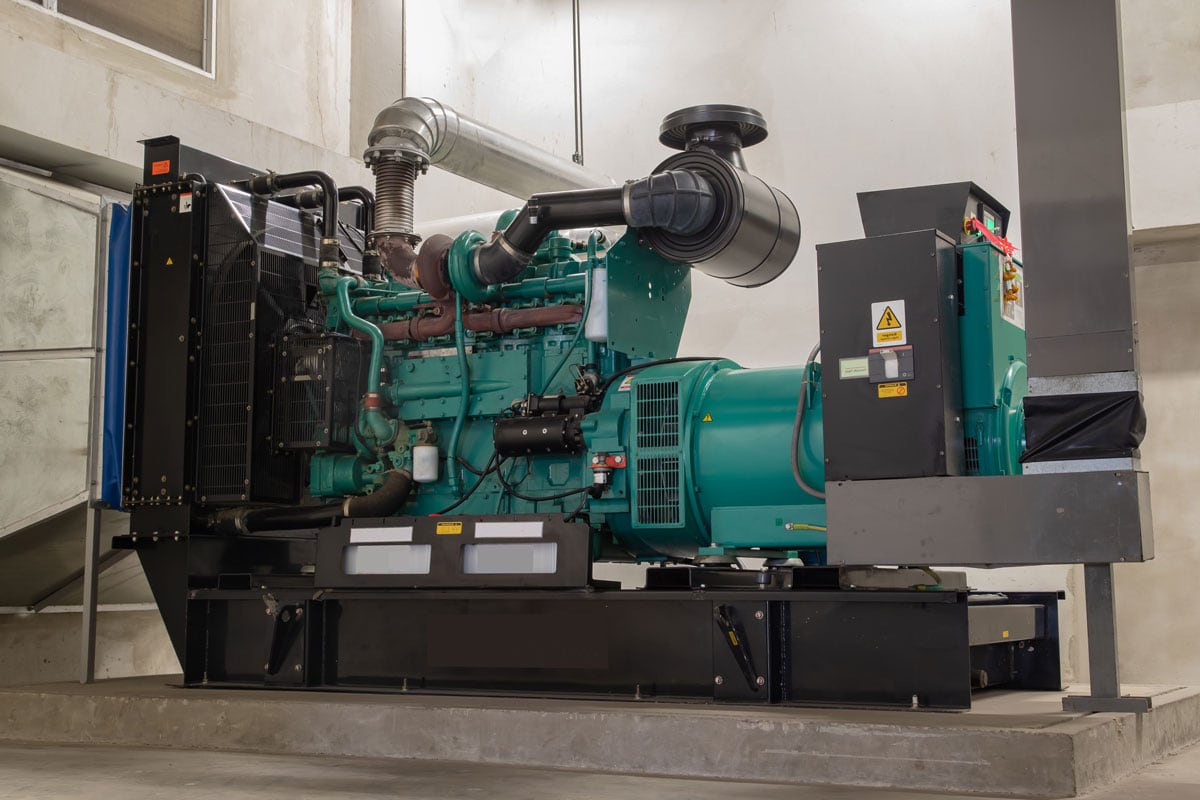
White Smoke
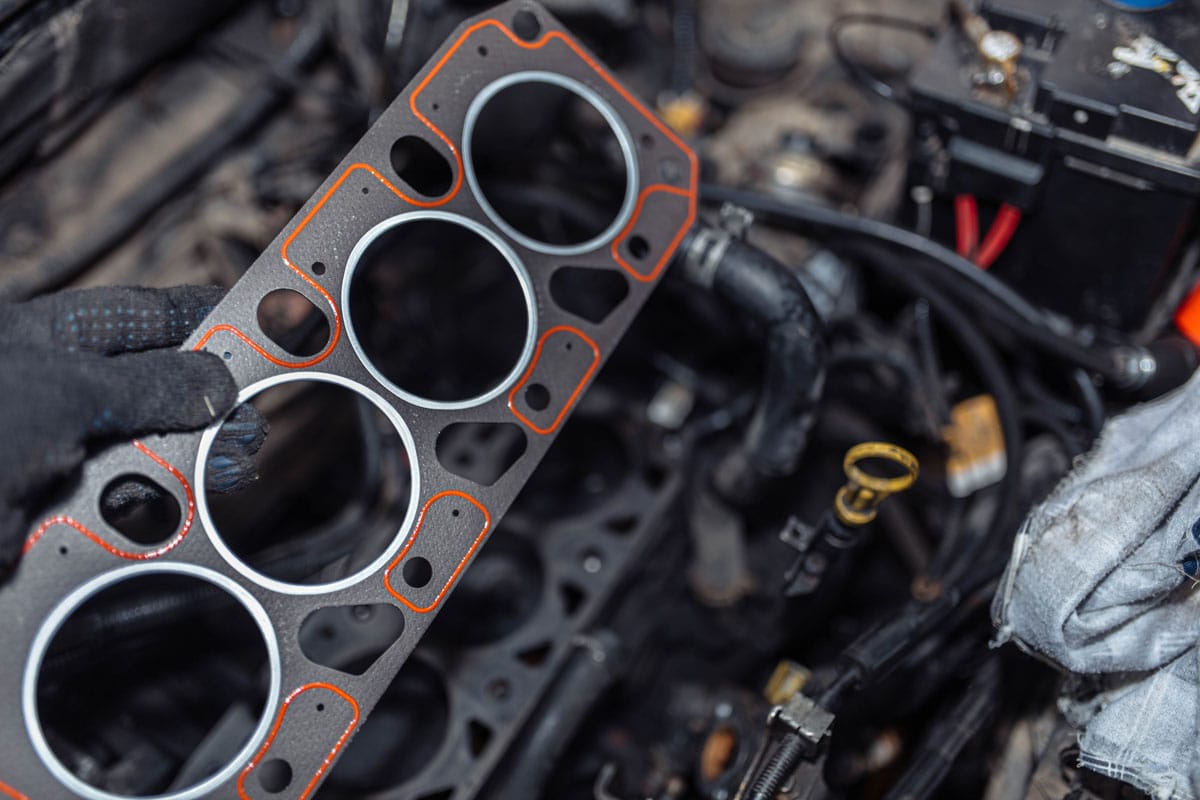
The piston and rings of the generator are one of the main causes of smoke following oil changes. Generators contain pistons and rings.
The generator will start to acquire defects such as smoke, an inability to power necessary appliances, and much more if they are weak and unable to perform as previously.
Your generator may emit white smoke if the piston and rings are weak, although this isn't usually the case. You can tell if your generator's piston and rings are weak since the oil level is typically low and needs to be topped off daily before use.
Blue Smoke
Engine oil burning can be detected by blue smoke. Blue smoke is frequently present and can indicate poor oil control as a result of fouling deposits around the piston rings or cylinders.

Blue smoke should never be visible, but it is important to remember that engines with good compression can burn quite a bit of oil without showing any signs of blue smoke. Oil can burn efficiently as part of the fuel when there is good compression.
Black Smoke
The most frequent type of smoke released by generators is black smoke. It denotes inefficient and partial diesel fuel combustion. Black smoke, which is a byproduct of the combustion of diesel, contains a lot of carbon or soot.
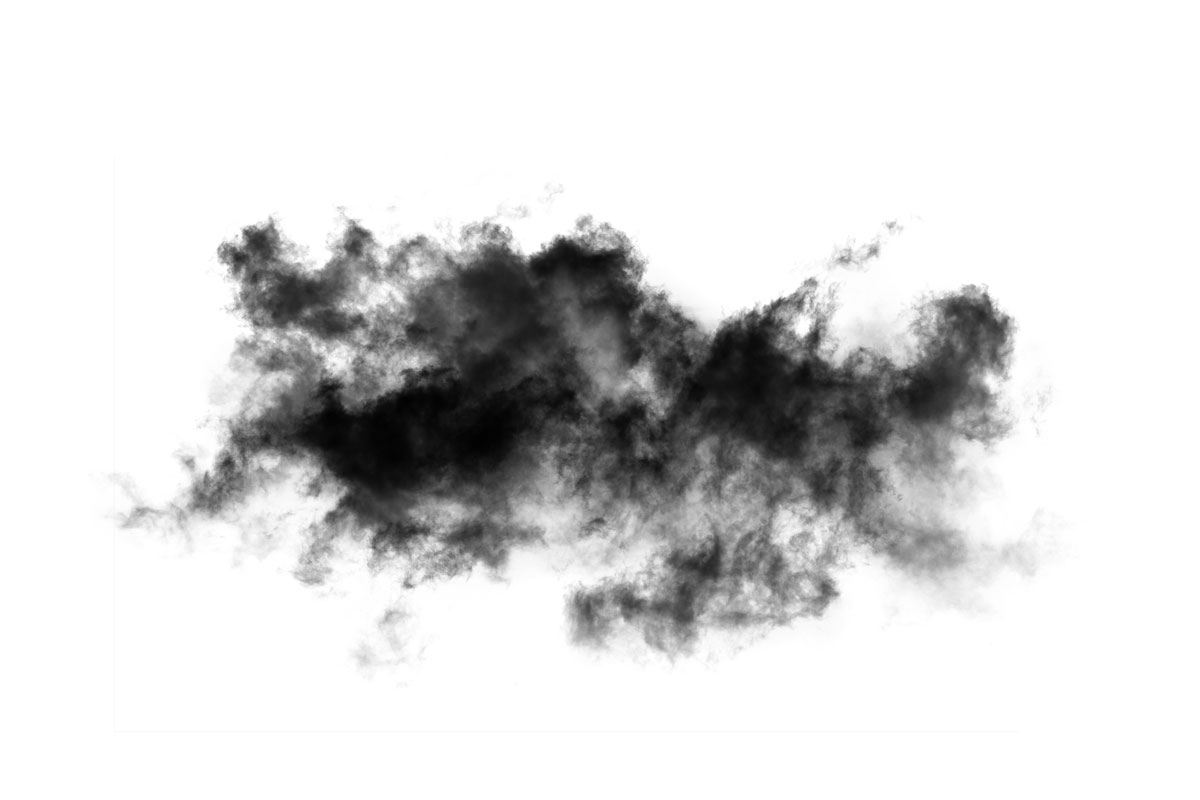
Components that are worn out or broken need to be replaced, and the sooner you find the issue and address it, the less harm will be done. It's critical to stay on top of engine tuning issues, such as valve adjustments and routine maintenance of the oil, fuel, and air filters.
How Should Wet Generator Be Handled?
Your generator can get wet in a variety of ways, but most systems are very simple to dry out when that does happen. Additionally, the majority of standby and backup generators come with covers to keep them safe. We've done the research and come up with concrete responses to your inquiries.
If your generator gets wet, refer to these steps:
- Dry up the generator.
- Cut the generator's connection.
- Fix particular components and sections.
- Make final adjustments.
- Reconnect the components.
Besides the possibility of rusting, nothing bad will happen if your generator gets wet due to light rain, but you must still take key elements into account to minimize your risk.
Don't forget that manufacturers make their generators capable of handling at least a little bit of water rather than building them with the premise that they will never get wet.
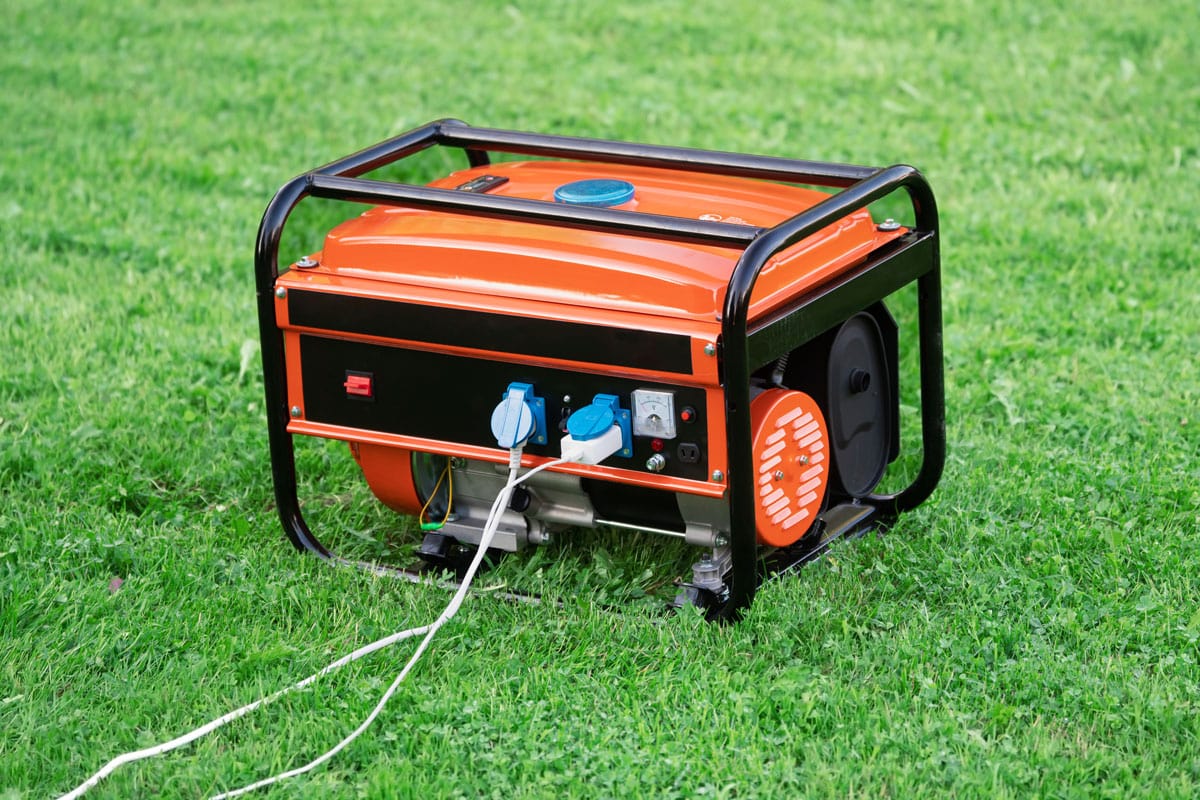
Electrocution
A generator that has become wet could be dangerous and cause electrocution. Other issues include moisture getting into crucial generator components like the fuel tanker and the engine.
Let’s go over the steps on how to handle a wet generator in a way that keeps you safe.
Clean Up And Dry The Generator
Getting the generator dry should be your priority. If you try to fix it in that wet state, you won't be able to accomplish anything concrete without a dry generator. The generator should be set out in the sun to dry as quickly as possible.
The hot blower can then be used, albeit it might not be as effective as a proper sun drying. It can take some time to complete this. To dry each tool inside the gadget, you must first disconnect the entire unit.
Cut Off Generator Parts
To expose each compartment to the sun or the blower in the proper way, you must disassemble the generator into its parts. A diesel generator may be disassembled differently from a gasoline-powered generator.
If the generator is brand-new, it should come with an Operations and Maintenance Manual that outlines how to disassemble it. If you don't have access to it, you can look for the manual online using Google.
Fix Particular Components And Sections
When repairing generator parts after prolonged water exposure, you must pay close attention to nearly all of them. The gasoline tank is one such component. Empty the tank and, if necessary, let it dry in the sun or with a hot blower.
Finishing Touches
Returning the machine to "generator mode" entails lubricating all of its components, including the tank, filters, engine, and more. After everything has dried, been resealed, and regreased, you must do the trickiest step of the entire procedure.
Reassembling the generator is usually challenging due to the complexity of simultaneously producing an engine and a small power plant.
We advise doing this with a friend because it will be simpler, and they can frequently assist with moving the larger pieces into the proper areas.
Where Should I Put My Generator?
Although some people might not give it much thought, generator placement is very important.
It's crucial to maintain your generator in a location that is a safe distance from your home because generators can pose safety risks if positioned in the incorrect location.
The following locations are the best for setting up a generator:
- Storage places
- steel structures
- tented generators
- Attaching to a trailer
Carbon monoxide can leak from your generator if there is a malfunction, it could cause carbon monoxide poising. Keeping your generator at a safe distance away from your home is extremely important to prevent any safety hazards. Continue reading to learn more information.
Location Of Generator
Never put your generator in a closed space since these dangers could become trapped there.
This is a crucial issue to take into account because most generators will make a certain amount of noise and might release hazardous gas in case of risk.
Below are some recommendations about where to set your generator.
Storage Sheds
Almost anything can be stored in a storage shed in your backyard. The ideal location to store and use your portable generator is a shed built of sturdy resin or wood.
If you utilize the correct materials, building a shed for your generator can be both soundproof and waterproof.
Make the shed large enough to allow for airflow from all sides. Before you buy and install the shed, make sure it has windows and double doors that swing open.
The shed is the best area to store and operate your portable generator because of the airflow.
Steel Enclosure
The generator can be shielded from the weather and secured with a lock if you build a steel shed to fit the model you have. When using the generator, make sure there are enough windows and doors to provide for the necessary airflow.
Generator Tents
Portable canopies known as "gen tents" are made to be used with your mobile generator. Although it is less expensive than a shed, you shouldn't store your generator in a gen tent.
When using a portable generator outside and away from home, you utilize a Gen tent to protect it from the outdoors.
See this generator tent on Amazon.
Trailer
For campers and anyone who wants to use a portable generator quickly, this is a great alternative. You would require a strong, solid trailer that could support the added weight of the purchased portable generator.
The portability and quick availability of a generator mounted on a trailer are a benefit because you are aware of its location and may easily access it when necessary.
For fitting on the front or the back of a trailer, special mounting frames are provided.
In Closing:
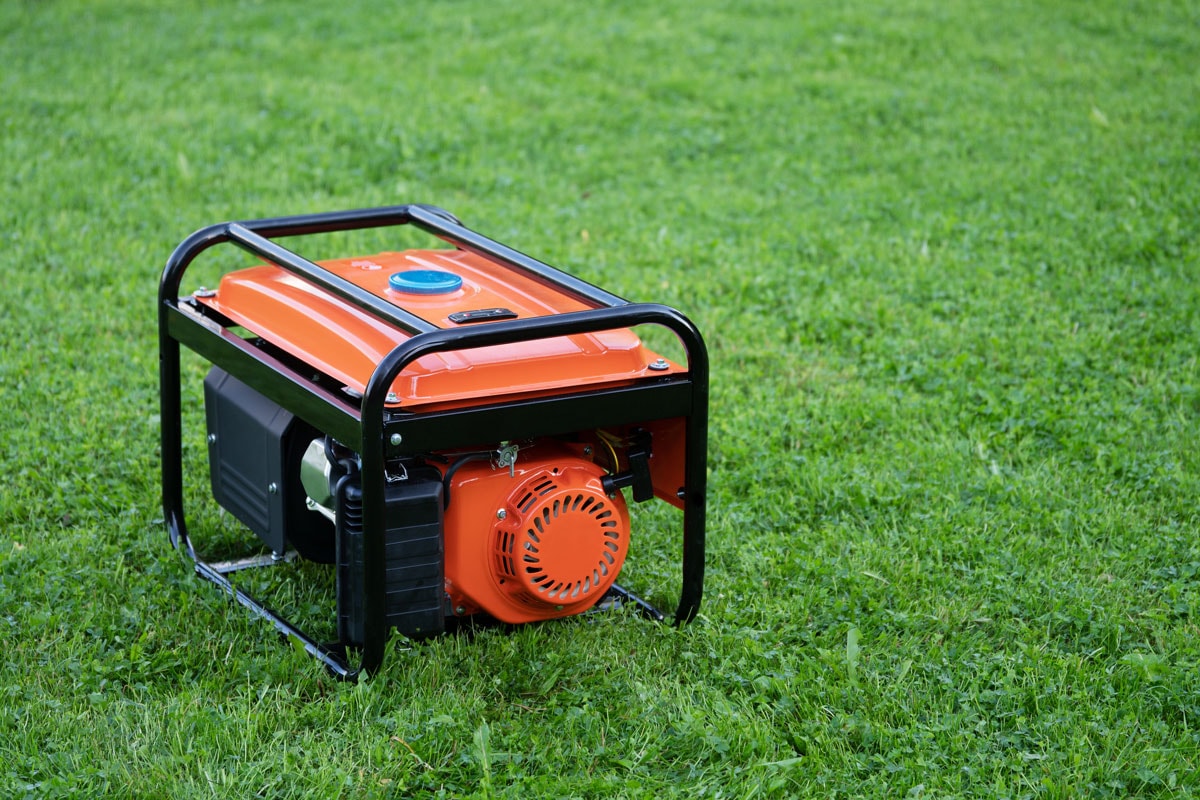
Depending on the color of the smoke, there are several causes of generator smoking after an oil change. A generator that is operating and maintained properly shouldn't emit any smoke.
If you encounter significant smoke, be certain to stop the engine right away because additional heat or load could seriously harm it.
If you find this article informative, please check out these related articles:

